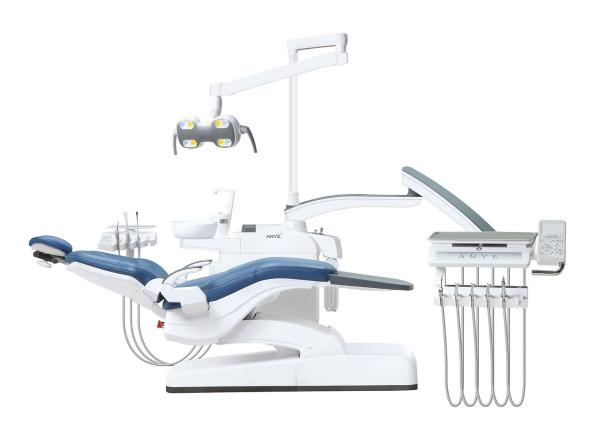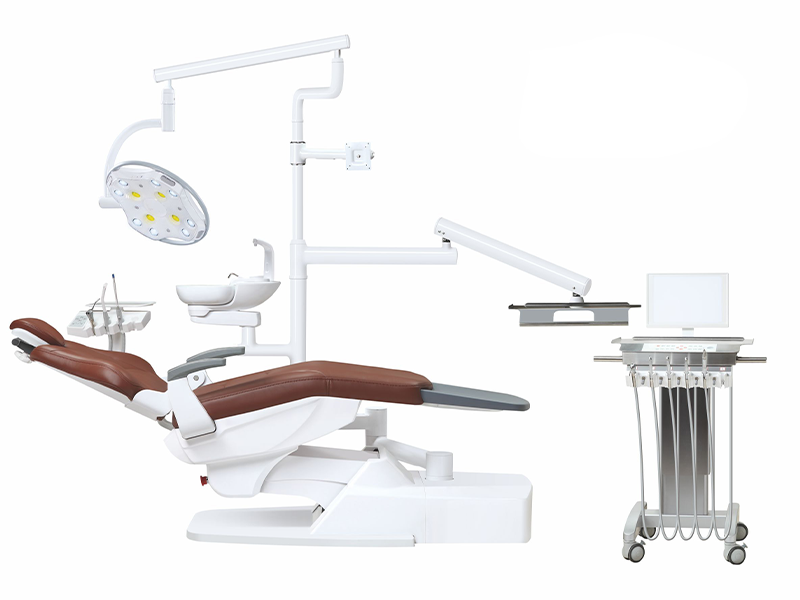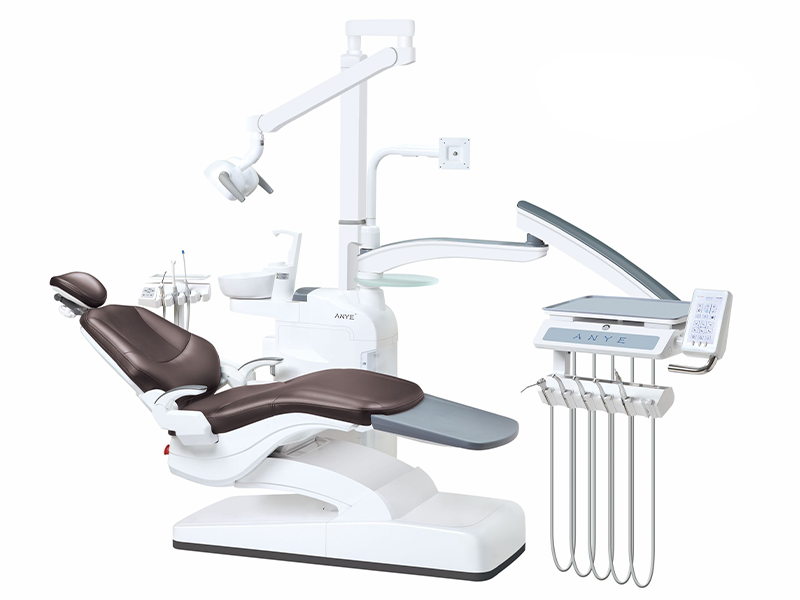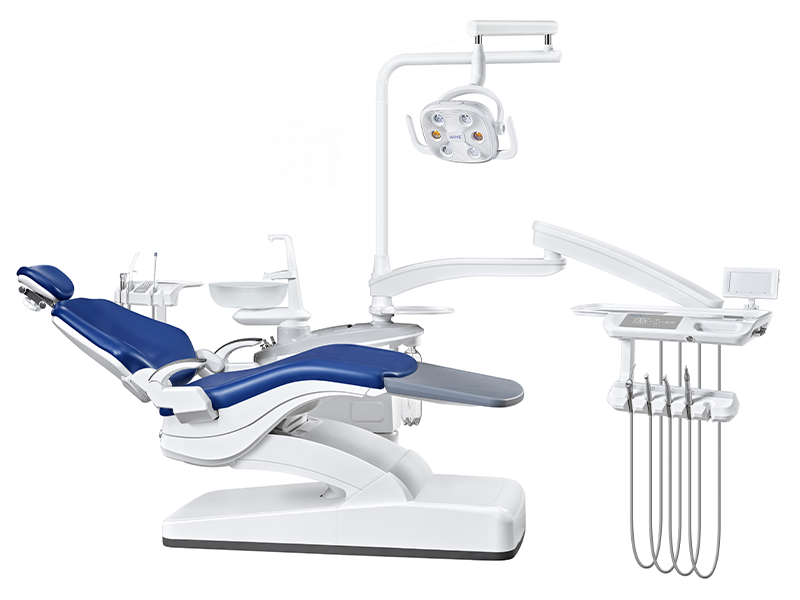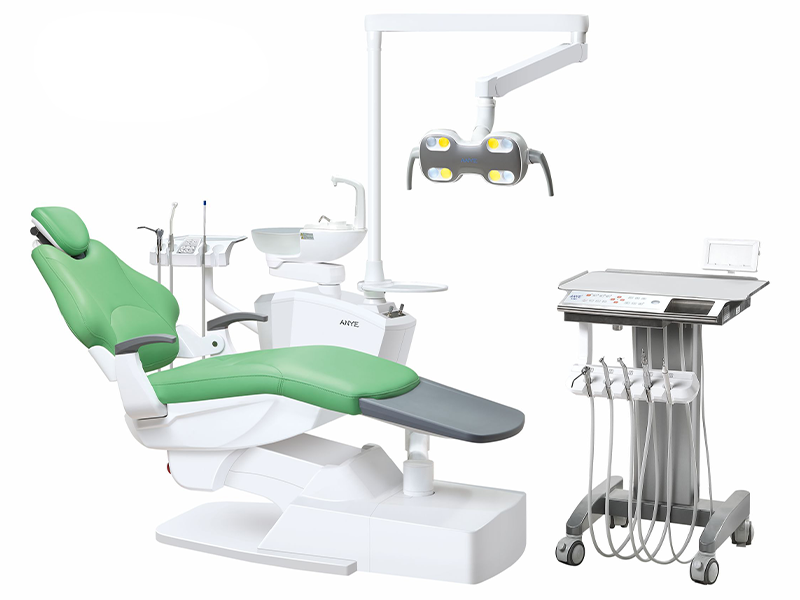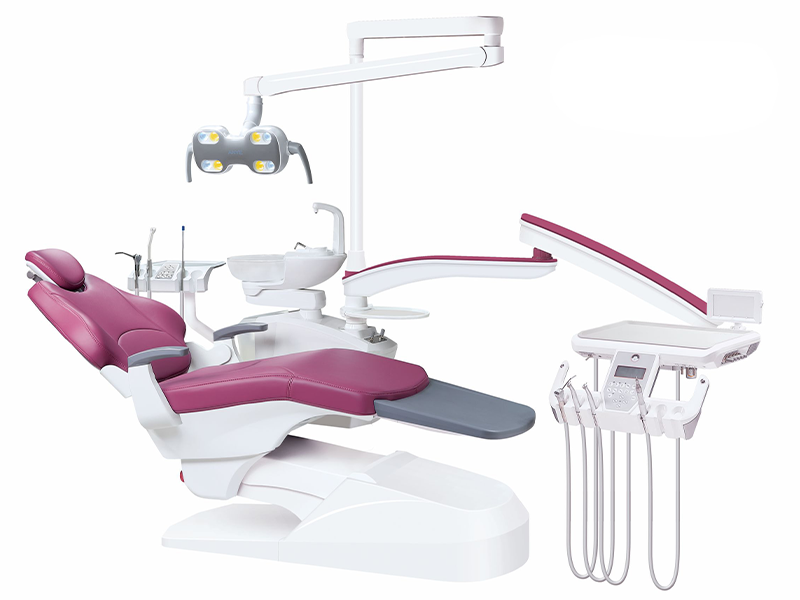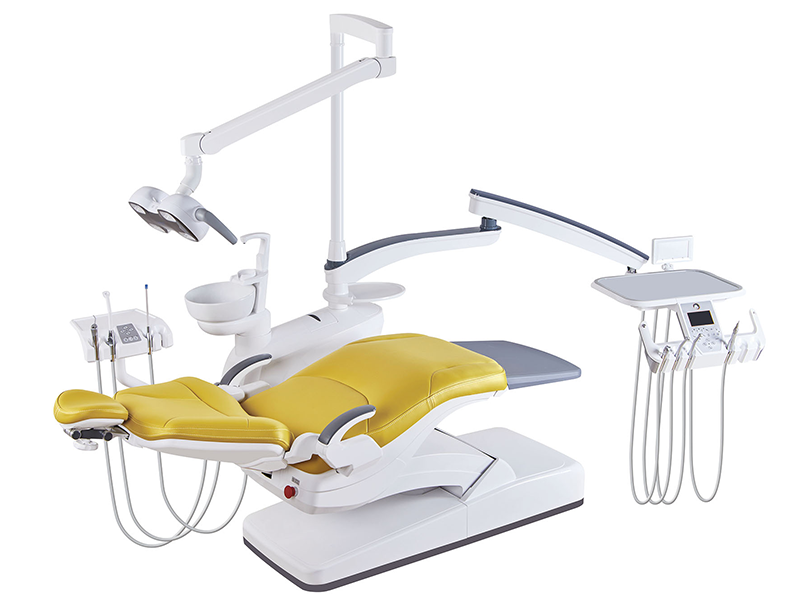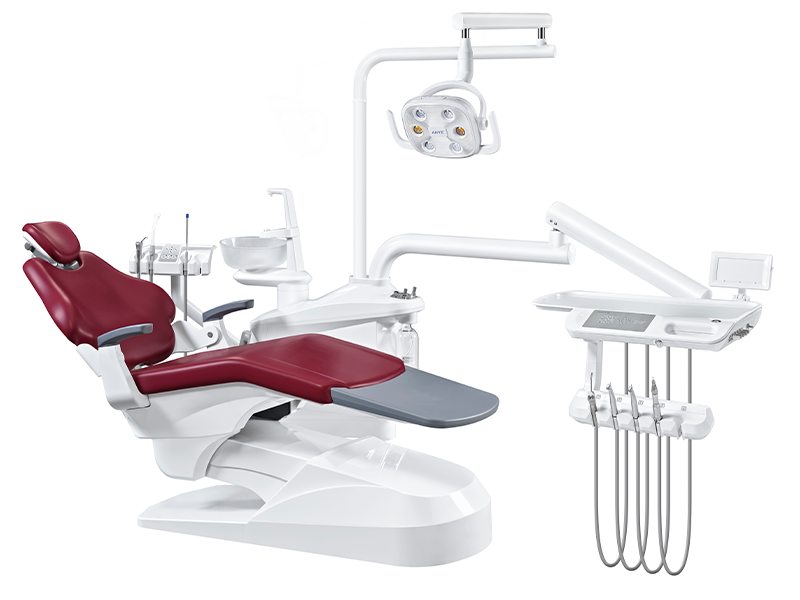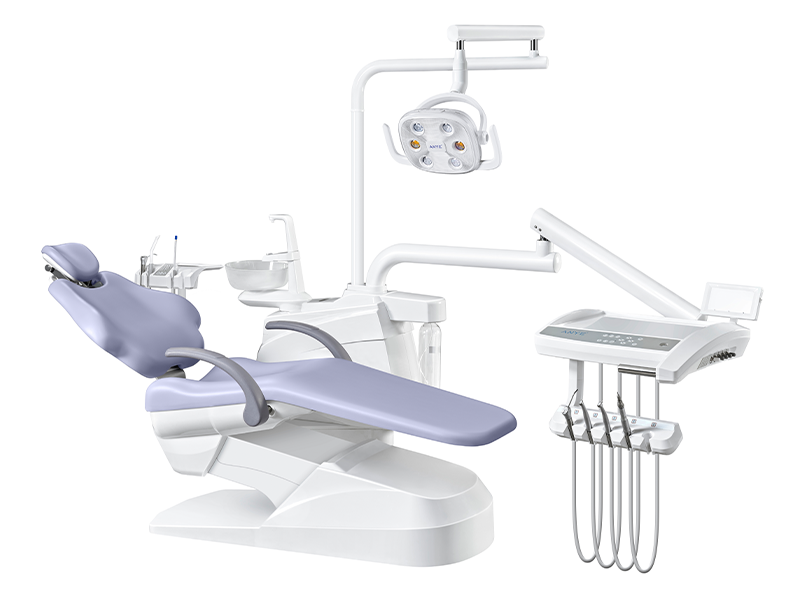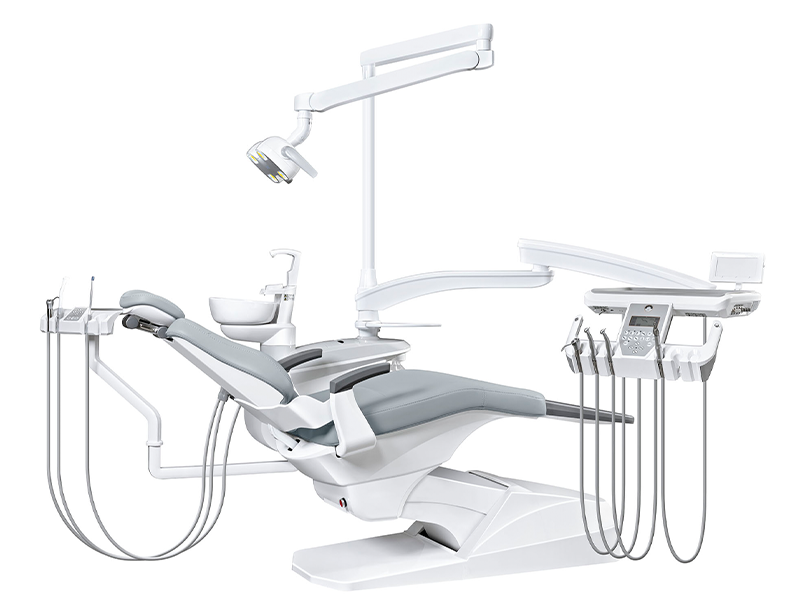The evolution of dentistry has witnessed the rise of Portable Dental Units (PDUs) as powerful tools, extending essential oral healthcare to underserved communities and providing convenient services in various settings. However, ensuring impeccable hygiene in these mobile units is paramount, given their unique operational dynamics. This article explores the evolving standards in PDU hygiene, addresses common concerns, and highlights how modern technologies are raising the bar for patient safety.
Why PDU Hygiene Matters: A Patient's Perspective
You might be wondering, "How can I be sure a portable dental unit is safe?" It's a valid question, and the answer lies in understanding the rigorous hygiene standards that govern modern PDUs. Just as you'd expect stringent cleanliness in a traditional dental office, mobile dentistry demands the same level of commitment to your safety.
Here's what you should look for:
- Clean and Organized Environment: The unit should appear clean and well-maintained. Pay attention to surfaces, instruments, and the general organization.
- Visible Hygiene Practices: The dental professional should be wearing appropriate personal protective equipment (PPE) – gloves, masks, and eye protection. You should also observe them practicing meticulous hand hygiene, washing their hands frequently or using hand sanitizer.
- Questions to Ask: Don't hesitate to ask the mobile dentist about their sterilization procedures, waterline maintenance, and waste disposal methods. A reputable provider will be transparent and happy to address your concerns.
Evolving Hygiene Standards for Mobile Dentistry
Traditional hygiene practices designed for stationary dental offices require adaptation to meet the specific challenges of mobile units. The American Dental Association (ADA) and the Centers for Disease Control and Prevention (CDC) provide comprehensive guidelines for infection control in dental settings. New standards for PDUs focus on:
1. Surface Decontamination:
- Smooth, Easy-to-Clean Surfaces: Materials like ABS plastic are favored in PDU construction due to their durability and ease of cleaning.
- Disposable Barriers: High-touch areas, such as control panels and light handles, are protected with disposable barriers to prevent cross-contamination.
- Intensive Cleaning Routine: Dental chairs, being the most used items, require meticulous cleaning routines. After each patient, this involves cleaning the suction system and spittoon, rinsing suction tubes and instruments, and disinfecting handles and surfaces.
2. Waterline Disinfection:
- Waterline Maintenance: PDUs use long, small-diameter tubing with low flow rates, increasing the risk of bacterial growth. Regular flushing with air or water is essential before each use.
- Disinfectant Solutions: The use of disinfectant solutions further minimizes bacterial contamination in waterlines.
- Detachable Water Tanks: Some PDUs feature detachable water tanks to facilitate thorough cleaning and disinfection.
3. Instrument Sterilization:
- Strict Protocols: Instruments used in PDUs must undergo the same rigorous sterilization protocols as those in traditional practices. This typically involves the use of an autoclave, a device that uses high-pressure steam to kill microorganisms.
- Single-Use Items: When possible, single-use, disposable items (like syringes and suction tips) are preferred to eliminate sterilization concerns entirely.
4. Waste Management:
- Safe Handling and Disposal: Mobile dentists must follow strict protocols for handling and disposing of dental waste. This includes sharps (needles and blades), amalgam (silver fillings), and other biohazardous materials.
- Regulatory Compliance: Adhering to local regulations for waste disposal is mandatory. Some states require mobile dentists to partner with a licensed waste disposal company.
Advanced Technologies Enhancing PDU Hygiene
Technological innovations are playing a critical role in elevating hygiene standards in portable dental units.
1. Touchless Technology:
- Minimizing Contact: Touchless faucets, soap dispensers, and trash cans reduce the number of surfaces touched by patients and staff, minimizing the spread of germs.
- Improved Hygiene: This technology not only improves hygiene but also enhances the patient experience by promoting a sense of cleanliness and safety.
2. Advanced Control Systems:
- Touchscreen Control Panels: Replacing traditional buttons, touchscreen panels offer a more hygienic interface. These panels are smooth, easy to clean, and reduce the number of crevices where germs can hide.
- Customization: Touchscreen controls often provide customizable settings, allowing dental professionals to adjust chair positions, lighting, and other functions for each patient with ease.
3. Automated Disinfection Systems:
-
Built-In Systems: Some PDUs feature built-in disinfection systems that automatically flush and disinfect waterlines and other components.
-
Reduced Human Error: Automated systems minimize the risk of human error in disinfection procedures, ensuring a consistently high level of hygiene.
Materials Matter: Prioritizing Hygiene in PDU Design
The choice of materials used in PDU construction is crucial for maintaining optimal hygiene standards. Manufacturers are increasingly prioritizing materials that are durable, easy to clean, and resistant to bacterial growth.
1. Upholstery:
- Seamless Upholstery: PDU upholstery should be seamless and made from materials like vinyl or polyurethane, which are easy to clean and disinfect.
- Durability: Materials that can withstand frequent cleaning and disinfection without deterioration are essential for long-term hygiene.
2. Cabinetry:
- Non-Porous Materials: Cabinets and countertops should be made from smooth, non-porous materials that prevent the harboring of microorganisms.
- Ease of Cleaning: Rounded corners and edges make cleaning easier and more effective.
3. Flooring:
- Durable and Non-Slip: PDU flooring needs to be durable enough to withstand foot traffic and the movement of equipment.
- Easy to Clean and Disinfect: Non-porous materials that can be easily cleaned and disinfected are essential for maintaining floor hygiene.
Training and Education: Empowering Dental Professionals
Equipping dental professionals working in mobile settings with comprehensive training is essential for maintaining the highest standards of PDU hygiene.
1. PDU-Specific Hygiene Protocols:
- Tailored Training: Training programs should be tailored to the unique challenges of PDU hygiene. This includes detailed instructions on surface decontamination, waterline maintenance, instrument sterilization, and waste management.
- Hands-On Practice: Hands-on training allows dental professionals to practice these protocols and demonstrate their proficiency.
2. Infection Control Best Practices:
- CDC Guidelines: Training should emphasize adherence to the CDC's guidelines for infection control in dental settings. These guidelines provide a comprehensive framework for preventing the spread of infections in all dental environments.
- Continuing Education: Dental professionals should participate in continuing education programs to stay updated on the latest infection control best practices.
3. Emergency Procedures:
- Preparedness: Training must include procedures for handling emergencies, such as accidental exposures to blood or other bodily fluids.
- Safety Protocols: Knowledge of post-exposure prophylaxis (PEP) and reporting procedures is essential for ensuring staff safety and preventing disease transmission.
Case Study: ANYE Dental Units
ANYE, a renowned Chinese dental equipment manufacturer, demonstrates its commitment to elevating PDU hygiene through innovative design and advanced technologies.
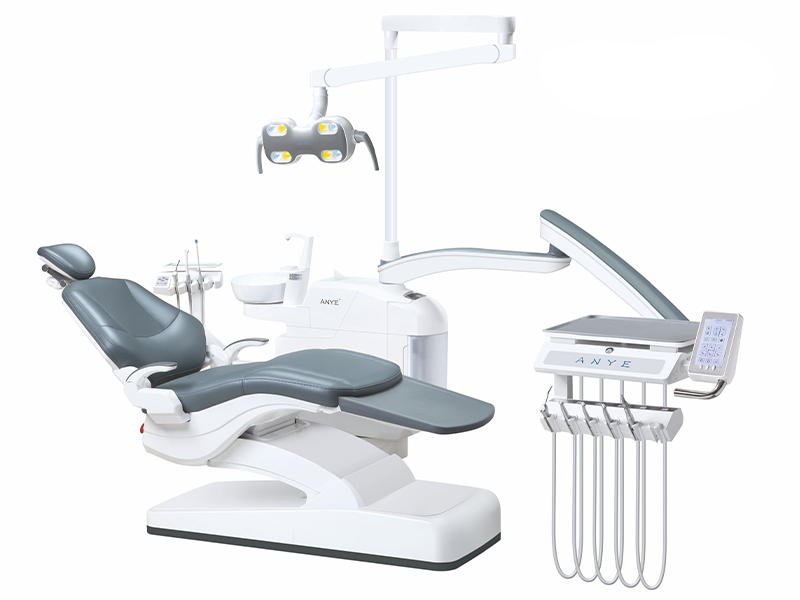
AY-215A3: This unit exemplifies ANYE's dedication to hygiene with features like:
- Detachable Spittoon: Facilitates thorough cleaning and disinfection.
- Touchscreen Control: Provides a hygienic and easy-to-clean interface.
- Smooth, Easy-to-Clean Surfaces: The unit is constructed using materials that are resistant to bacterial growth and easy to disinfect.
Focus on Durability: ANYE prioritizes the use of high-quality materials, such as laser-cut steel and injection-molded ABS plastic, ensuring longevity and ease of cleaning.
Looking Ahead: The Future of PDU Hygiene
As technology continues to evolve, the future of PDU hygiene looks promising with advancements that will further enhance safety and efficiency.
1. Nanotechnology:
- Antimicrobial Coatings: Nanotechnology is being explored to develop antimicrobial coatings that can be applied to PDU surfaces. These coatings can inhibit bacterial growth, reducing the need for harsh disinfectants and simplifying cleaning procedures.
2. Smart Monitoring Systems:
- Real-Time Tracking: Sensors and monitoring systems could be integrated into PDUs to track hygiene parameters in real time. This could include monitoring water quality, filter usage, and sterilization cycles.
- Automated Alerts: These systems could send automated alerts to staff if any hygiene parameters fall outside of acceptable ranges, ensuring prompt corrective action and continuous compliance.
3. Sustainability:
- Eco-Friendly Solutions: The dental industry is increasingly focused on sustainability. Future PDUs will likely incorporate more eco-friendly cleaning solutions and disposable materials.
- Reduced Waste: Innovations in reusable instruments and packaging will contribute to reducing waste and minimizing environmental impact.
Conclusion: A Shared Commitment to Safety
Raising the bar in PDU hygiene is a collective effort. Manufacturers are constantly innovating to develop units with enhanced hygiene features, while dental professionals are responsible for implementing and upholding rigorous protocols. Regulatory bodies play a critical role in establishing and enforcing standards that protect patient safety.
By prioritizing hygiene in all aspects of mobile dentistry, we can ensure that PDUs continue to be a vital resource for extending essential oral healthcare to communities in need.

